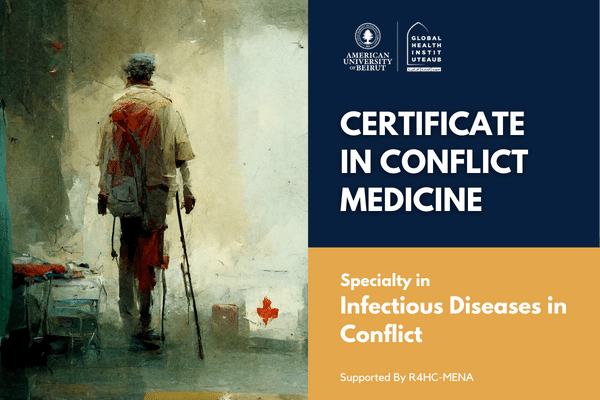Description
At the onset of a crisis, humanitarian leadership and coordination should eventually contribute to the provision of relevant outcomes timely, neutrally, impartially, and most importantly “in a humane way”, and increase donors’ confidence, resulting in sufficient resources to achieve the desired outcomes, i.e., continuous recovery, rapid recuperation of normal living conditions and a fast return to the ongoing progress of development. While there are some essential tenets that outline the framework of emergency response and impact leadership and coordination of humanitarian assistance, the rule of thumb remains the critical and essential need to embed humanitarian assistance in history and culture.
This course provides participants with the fundamentals which govern international humanitarian response, and the ability to translate them into their practice according to the specific features of the context.







